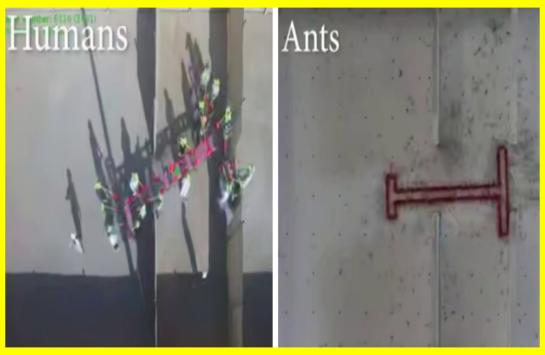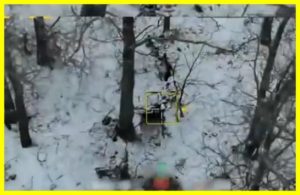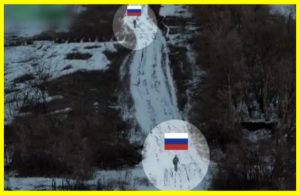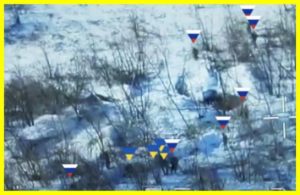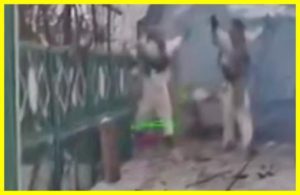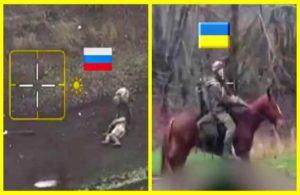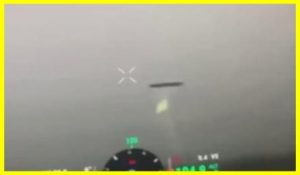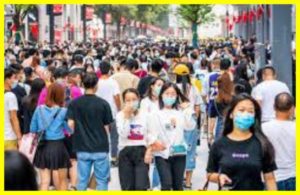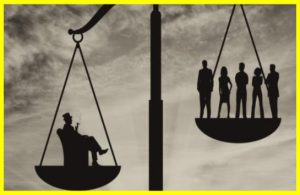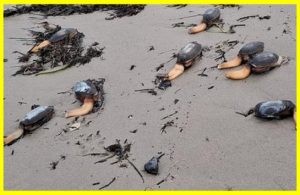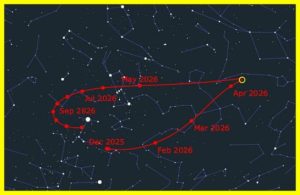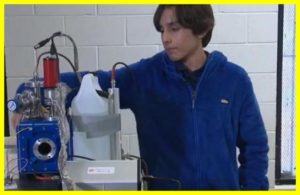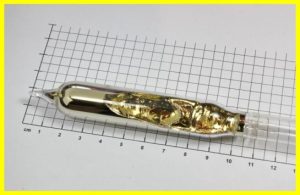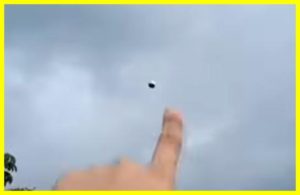Man vs. ant: Who will solve the task faster?
Israeli scientists from the Weizmann Institute conducted an experiment comparing the abilities of humans and ants in solving tasks requiring coordination.
The task was to move a T-shaped object through a maze.
Humans were given a verbal explanation of the task, while ants perceived the task as carrying food to the nest.
At the first stage, when the tasks were performed by single participants, humans were in the lead.
However, in the next stages of the experiment, the conditions were made more difficult: people were forbidden to communicate by wearing masks, which forced them to rely only on non-verbal interaction.
At the initial stage, when the groups were small (up to 6 people and 20 ants), people were faster.
However, when the size of the groups increased (up to 26 people and 80 ants), the advantage went to the ants.
Interestingly, the ant society functions as a super organism. They solve problems by relying on collective intelligence.
In a group of ants, what is known as “distributed decision-making” often occurs when each ant monitors the pheromones of the others.
Thus, through interaction among themselves, they find the optimal path.
Scientists have shown that ants acting as a group are smarter than each individual, and for them the whole is greater than the sum of the parts.
Unlike ants, grouping humans together did not increase their overall cognitive abilities, especially in the absence of verbal communication.
